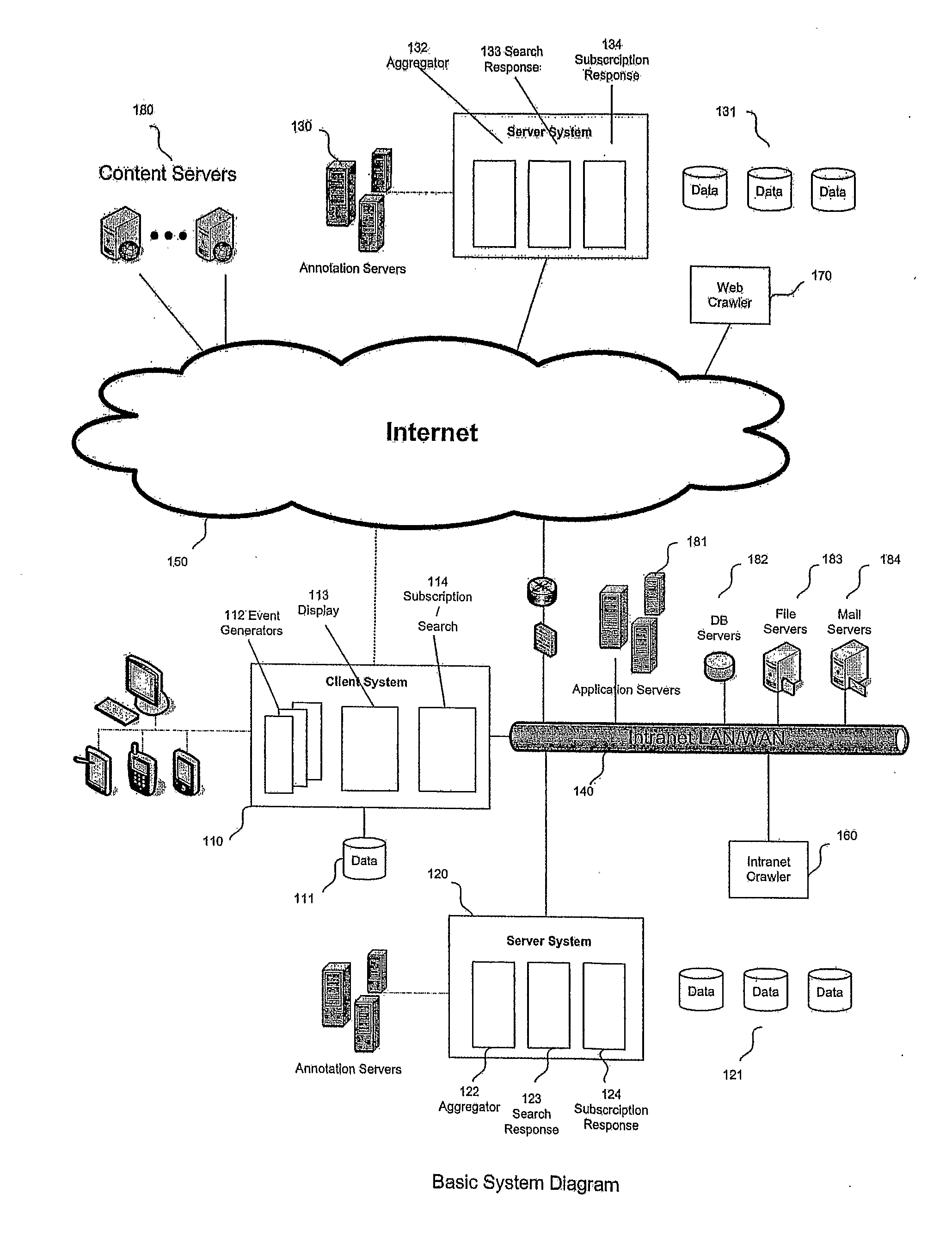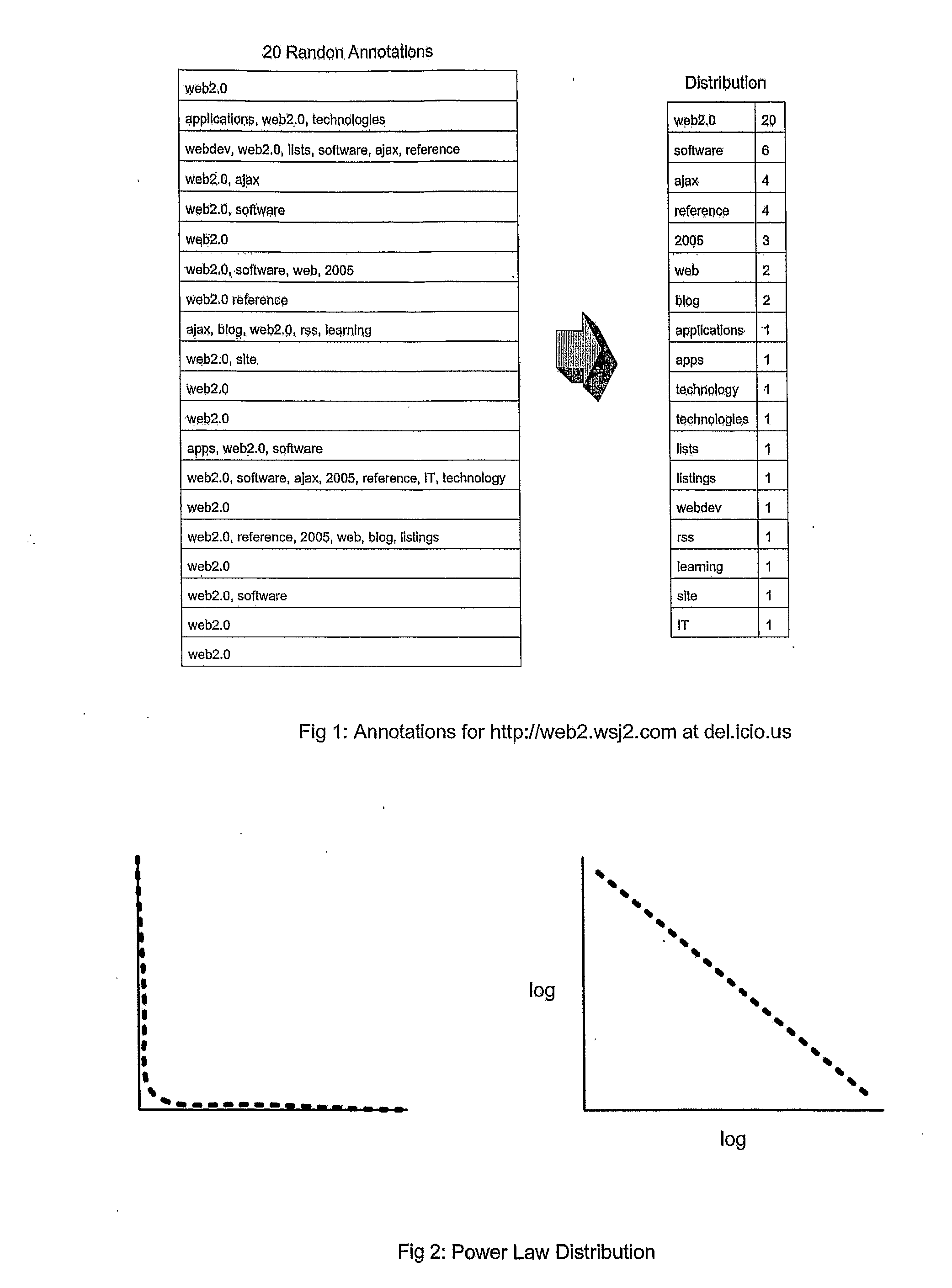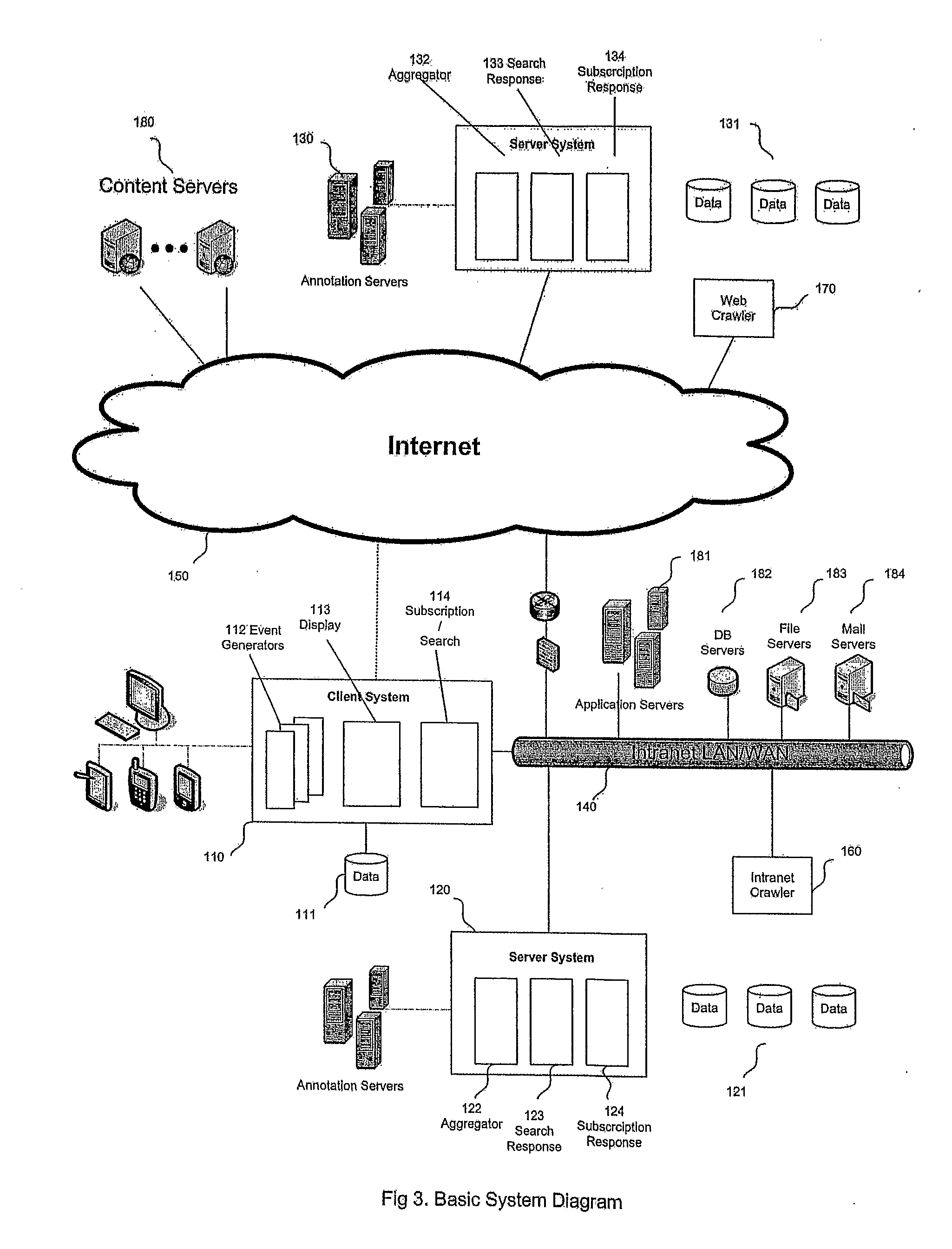Information and knowledge is more important than ever before and is being produced in increasing quantities, but it is getting more and more difficult to find useful and
relevant information.
While useful for small collections of pages, this could not scale.
The usefulness of the search was compromised by large numbers of returned documents that were not relevant to the query.
Thus important documents could not be found as it was not practical to scan all the results to find the relevant ones.
HITS suffered from topic drift where the initial pages used to calculate hubs and authorities may not have been entirely related to the topic of the query.
Yet, even after advances in web search technologies there still remain many major problems.
If the desired page is not found in the top 10 or 20 results, the search is fruitless.
This problem is compounded by the fact that all users get the same results for the same query, even though they may have widely varying
information needs.
But there remain significant privacy concerns depending on the way
personalization is implemented and it still remains to be seen whether these approaches are effective.
Due to the absence of
hyperlink connectivity between documents, none of the advances in LAR algorithms of the web can be made to apply.
The
ranking in these systems is still limited to TFIDF style algorithms of full-text search and result in lower quality.
Even recent rich indexing approaches such as using keyword-based categories in the upcoming
Microsoft Windows Vista
operating system will still suffer from the same problems of previous IR systems—it is estimated that a person searching for a document based on a keyword is likely to use the same keyword as the one on the document only 20% of the times. This results in the paradoxical situation that it is easier to find a document on
the Internet than to find it on one's own hard disk.
Yet overall only a small number of users actually use Folksonomies.
This is partly due to the fact that they are more difficult to use than search, and also because the coverage of pages in a Folksonomy is a small fraction of the available pages.
Unlike search that can automatically crawl the web or disk to index all documents, there exists no comparable mechanism that can bring pages efficiently into a Folksonomy.
A similar set of problems exist with blogs and messaging systems in general.
There is currently no way to achieve this.
The situation is worse in other messaging systems such as email.
While email and IM are efficient mechanisms for one-to-one interaction, they do not efficiently
handle the notion of sending an email to a topic.
Distribution lists are the closest proxy to a mailing on a topic but it is not possible to create one dynamically and assign people to them.
This leads to abuse of such distribution lists and inboxes becomes swamped with mail that is less relevant to the user and results in
information overload and loss.
Organizations in general, whether they are Corporations, Government, Non-Government, Military or Religious, have become larger and more complex.
As such organizations grow in size, it becomes more and more difficult for people to get to know each other and often the organizations gets divided into silos where the “left-hand” does not know what the “right-hand” is doing.
This is a major issue when organizations are confronted with a rapidly changing environment and where different parts of the organization must be made to work together dynamically to take
advantage of an opportunity or to face a
threat.
Traditional organization structures like hierarchies and departments with point-to-point communication like telephones or email, do not allow for the flexibility to make
effective response.
Microsoft Windows NTFS
file system has always had the ability to add keywords to any file but this has not been used in practice primarily because such keywords could not be used to find files efficiently.
Technorati Tags, a technology that allows bloggers to tag their posts such that people may discover it, is less effective because only the author can tag the item.
However users have limited use for others' photos once they have seen it, so the dynamic in Flickr is less about
collaboration and more about sharing.
All the above methods may be applied in any such case but potentially with lower effectiveness.
Taxonomies and Controlled Vocabularies have been tried and failed because it is not practical to create one super-structure such that all items may be effectively put into it.
Attempts have been made to use clustering on the result data based on textual similarity but the sub-categories generated by such automated methods often times are not easy for a user to understand.
One of the key problems that all clustering methods need to solve is complexity reduction.
As an example, there is considerable complexity associated with the keywords of an item as well as a user.
Therefore the clustering problem becomes choosing a subset of relevant keywords that serve the purpose of bringing together similar items and users.
This is a hard problem due to, among other things, the extremely large number of combinations possible and the difficulty in determining the relevance of keywords to items as well as users.
Pattern recognition methods such LSI use
dimensional reduction as a method to deal with this complexity but they are expensive to perform and keep updated, as well as it is difficult to understand what it is they are actually doing.
This overcomes one of the main problems of implementing forums—it is difficult to decide what topics are meaningful to the users so that they can communicate effectively.
Yet most communication technology today is limited to one-to-one paradigms (like telephone, email, SMS / IM, etc.) or one-to-many paradigms (like TV, radio, Web, etc.).
Blogs allow anyone to post content on the Web but there is no effective mechanism that allows the target web user to discover the blog posting.
But in many situations the user may not want their contact information or
personal details to be disclosed.
Since reputation takes time to build, a widely regarded author has little to
gain and much to lose by promoting low quality items.
However unlike the search process, explicit specification of user interest in subscription is unlikely to be a practical method.
However, such an approach misses important new domains of interest and keeps reinforcing a limited set of keywords to the detriment of user experience.
However, as it may not be readily apparent to the user what a change to a certain ratio will mean, an embodiment may merely allow the user to specify or de-specify category contexts that will continuously be downloaded from regardless of the actual user usage.
This, however, means that for a given context, it may not be possible to perform the re-ranking over the entire set of items corresponding to a context without downloading a large amount of data to the
client side.
Alternatively, even on a centralized
server, computing such personalized re-ranking may be too expensive to perform or may not be desirable as the collaborative ranking of the context
community may be lost.
However, if the user does not read subsequent items by Publisher A or Publisher A does not produce subsequent items, then the ranking would decay over time.
 Login to View More
Login to View More  Login to View More
Login to View More 


